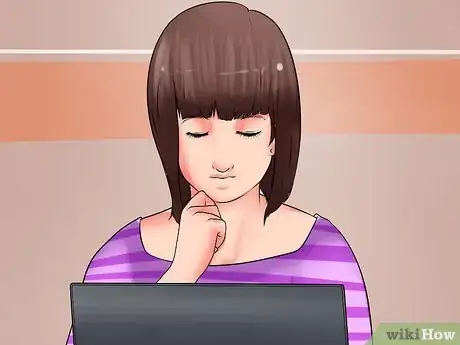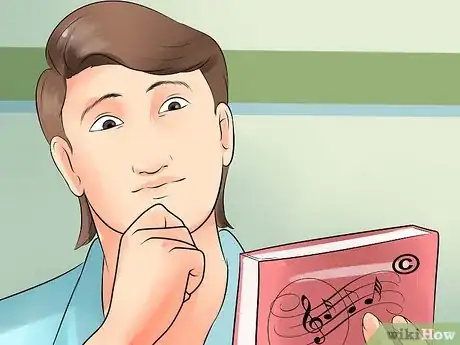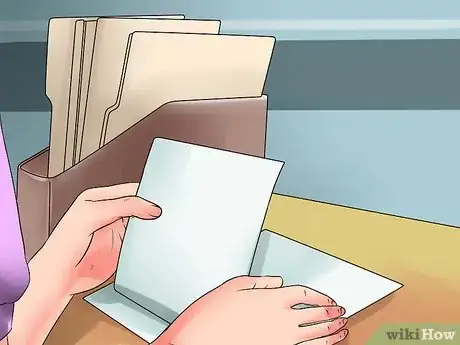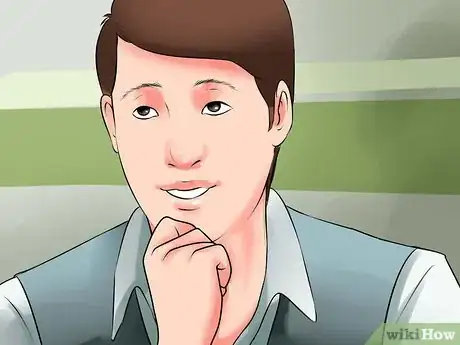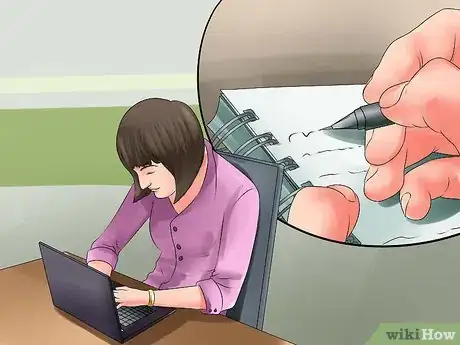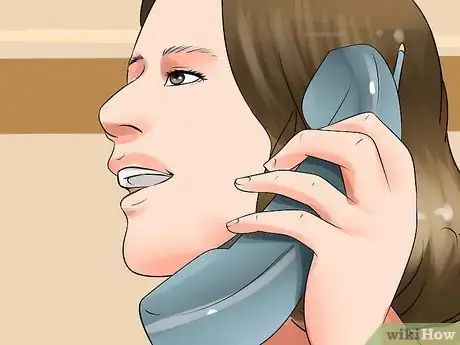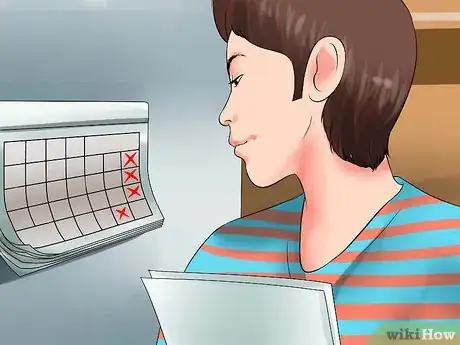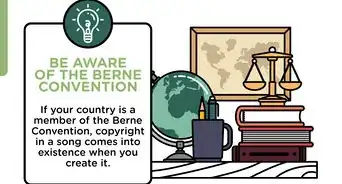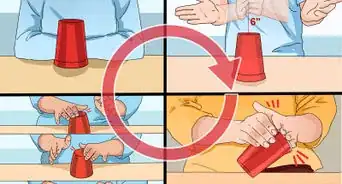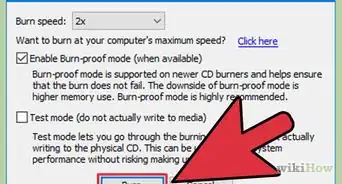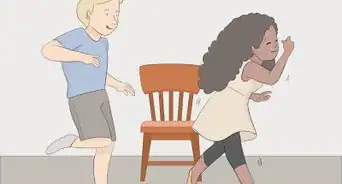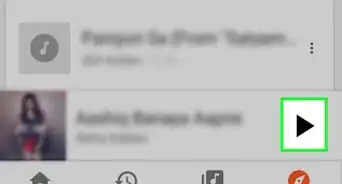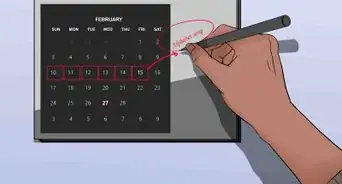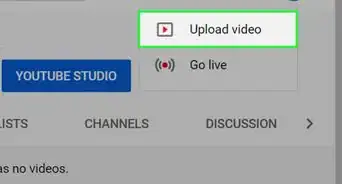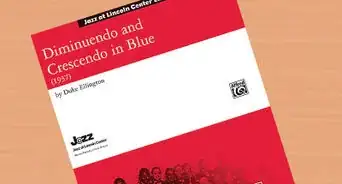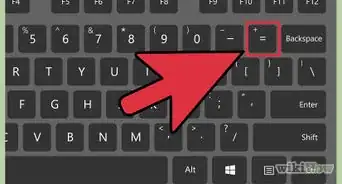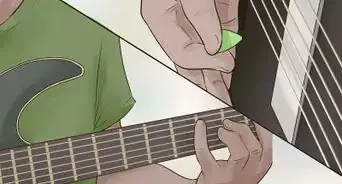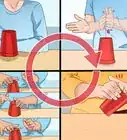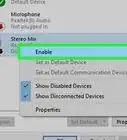X
wikiHow is a “wiki,” similar to Wikipedia, which means that many of our articles are co-written by multiple authors. To create this article, volunteer authors worked to edit and improve it over time.
This article has been viewed 248,710 times.
Learn more...
If you want to use someone else’s music in a film, video, presentation or other public context, you need to buy music rights to do so, if the music isn’t currently in the public domain. This can be a complicated task because of the range of rights options and because most music has multiple parties with rights. However, if you take the process one step at a time, you’ll be able to get the rights you need.
Steps
-
1Examine the type of rights you can purchase, and decide which are best for your particular use.
- Most people who buy music rights opt for theatrical or full rights, which allow you to use the music in a film without restriction.
- Television rights allow you to use the music in a television production and can change in price according to the exact nature of the program.
- Video rights allow you to use the music in a video as opposed to a publicly-screened film.
- Rights for the Internet allow you to use the music on Web sites, software and CD-ROM.
- Non-theatre rights allow you to use the presentation in a non-public context, such as at a conference or a festival and are the least expensive to obtain.
-
2Determine whether you want the rights to an existing recorded version or the rights to re-record it.
- The rights to re-record the music are cheaper than the rights to use the recording. However, if you want to use the music in a film, for example, and you don’t have access to a professional band and a recording studio, it may be worth it to use the original.
Advertisement -
3Decide how much of the music you plan to use, and note the exact timing -- including at which second in the recording your use will start and stop, if you’re buying rights to the recording. If you’re using a short clip of the music rather than the entire piece, the rights are less expensive to purchase.
- At the same time, decide the length of time that the music will play. For example, you may decide to use the music only once, or you may decide to use the same clip more than once.
-
4Think about where you will show your production. For example, if you’re using a piece of music in a local stage production, the rights will be less expensive than if you’re using it in a film that you plan to show in North America and Europe.
-
5Locate the music’s publishers and visit their website for contact information. If you have a copy of the CD, you can usually find the publisher’s information printed on its cover. If you don’t have the CD, visit the websites of major music publishing companies, such as ASCAP, BMI and SESAC. There, you can search for the music by title, songwriter or performing artist and locate the publishers that way.
-
6Contact the publishers to inquire about obtaining the rights you need, including all information about how you will use the music and the type of rights you’re seeking.
-
7Wait for a response from each publisher, which can take 6 to 8 weeks. If a publisher rejects your rights request or if the price for the rights you initially requested is too high, contact the publisher to see whether you have any other options, or whether you should find a different piece of music.
Advertisement
Community Q&A
-
QuestionDo I need to purchase music rights if my performers only play songs that they have written?
 Community AnswerNo, that is an original work, of which the performer/author would own the full rights.
Community AnswerNo, that is an original work, of which the performer/author would own the full rights. -
QuestionWhere should I go if the publisher doesn't seem to exist anymore or can't be found?
 Community AnswerSome other company most likely bought it before it disappeared. So try to find the crumb trail of who is in ownership of it now.
Community AnswerSome other company most likely bought it before it disappeared. So try to find the crumb trail of who is in ownership of it now. -
QuestionHow do I purchase ownership of a song?
 Community AnswerThe average Joe can't simply buy the ownership of a song. You can either write one and claim ownership or open a records company and buy ownership of songs by other artists that way.
Community AnswerThe average Joe can't simply buy the ownership of a song. You can either write one and claim ownership or open a records company and buy ownership of songs by other artists that way.
Advertisement
References
About This Article
Advertisement
